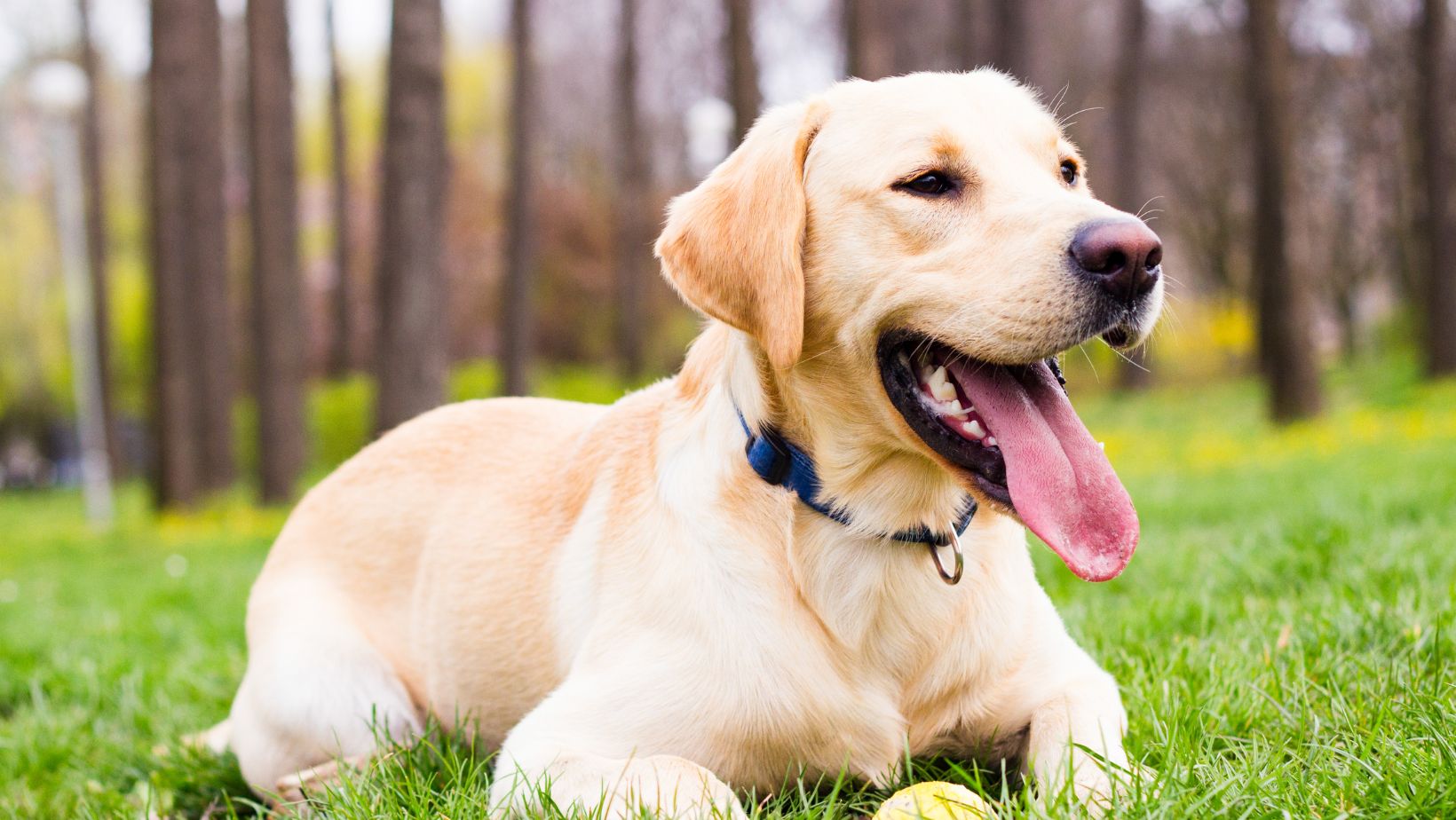Potty training a 7-month-old Labrador puppy can be a challenging but essential task. As a pet owner, I understand the importance of teaching our furry friends proper bathroom habits. In this article, I’ll share some effective techniques and tips on how to successfully potty train your 7-month-old puppy.
How to Potty Train a 7 Month Old Puppy
First and foremost, consistency is key when it comes to potty training. Establishing a routine will help your Labrador puppy understand when and where they should relieve themselves. Take them outside to their designated potty area frequently throughout the day, especially after meals, playtime, or naps.
It’s crucial to praise and reward your puppy for doing their business in the appropriate spot. Positive reinforcement such as treats or verbal praise will reinforce good behavior and encourage them to continue using the designated area for potty breaks. Additionally, be patient with your pup as accidents are bound to happen during the learning process.
By following these guidelines and remaining consistent with your training efforts, you’ll be well on your way to successfully potty training your 7-month-old Labrador puppy. Remember that each dog is unique, so don’t get discouraged if progress takes time. With patience, persistence, and lots of love, you’ll soon have a well-trained pup who knows exactly where to go when nature calls.
When to Start Potty Training a 7-Month-Old Puppy
Potty training is an essential aspect of raising a well-behaved and happy 7-month-old puppy, especially in the case of Labrador Retrievers. Starting the potty training process at this age is crucial as it helps establish good habits early on and prevents future behavioral issues. By introducing your Labrador puppy to proper bathroom etiquette, you can ensure a clean and hygienic living environment for both you and your furry friend.
At around 7 months old, puppies are more capable of holding their bladder for longer periods compared to when they were younger. However, each dog is unique, so it’s important to pay attention to their individual needs and behaviors. Signs that your Labrador puppy may be ready for potty training include sniffing around, circling, or scratching at the door. These signals indicate that they need to relieve themselves and should be taken outside immediately.

Creating a Consistent Schedule for Potty Training
Establishing a consistent schedule plays a vital role in successful potty training. Dogs thrive on routine, so sticking to a set timetable will help them understand when it’s time to go outside. Plan regular bathroom breaks throughout the day – first thing in the morning, after meals or playtime sessions, before bedtime, and any other time you notice signs that your puppy needs to eliminate.
When taking your Lab out for potty breaks, choose a designated spot in your yard or nearby area where they can do their business comfortably. This helps reinforce consistency and eliminates confusion about where they should go. Remember not to rush them during these trips outdoors; allow them ample time sniff around and find the right spot.
Positive Reinforcement Techniques for Successful Potty Training
Positive reinforcement is key when teaching your 7-month-old Labrador Retriever how to properly use the bathroom. Rewarding your puppy with praise, treats, or their favorite toy immediately after they eliminate in the designated area reinforces their understanding of what behavior is desired. This positive association encourages them to repeat this action in the future.
On the other hand, avoid scolding or punishing your puppy for accidents that occur indoors. Negative reinforcement can create fear and anxiety around potty training, making it more challenging for them to learn. Instead, focus on redirecting their attention to the appropriate outdoor spot and rewarding them when they do well.
Consistency, patience, and positive reinforcement are key factors in successfully potty training a 7-month-old Labrador Retriever. By starting at the right time and implementing a consistent schedule while using positive reinforcement techniques, you’ll set your furry friend up for success on their journey towards becoming a well-mannered adult dog.